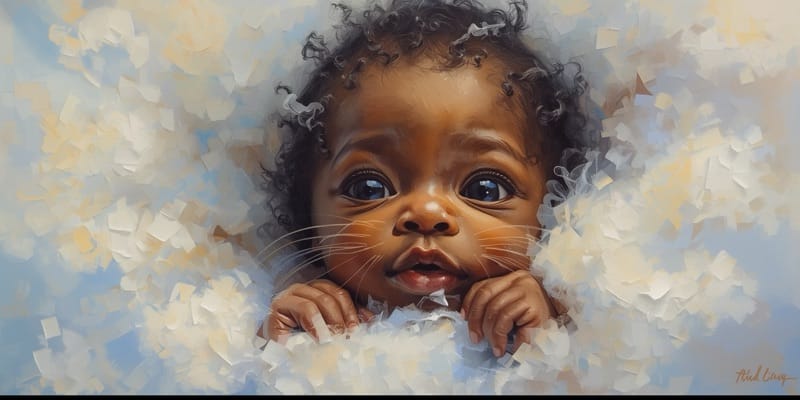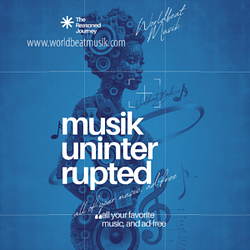You have believed in monsters. You have believed they were born from the womb already broken. Already bruising others with their breath. You were taught to fear them, maybe even to become one. And when you looked in the mirror after a moment of cruelty, when you saw the flicker of someone else’s pain caught in the sharp corners of your own behavior, you may have whispered, Maybe I am one, too.
But no one is born an asshole.
Asshole is not a gene. Not a curse. Not a soul defect. It is a pattern. A strategy. A shield made of bark and teeth. And most of all, it is a history.
When the world teaches a child that affection is conditional, they learn to barter instead of trust. When a father teaches a son that power is safer than vulnerability, the boy grows into a man with fists for hands and suspicion lodged where love was supposed to settle. We call it narcissism, aggression, selfishness. But what it is, underneath, is an old ache hiding in plain sight.
You have to learn how to be cruel. You have to be taught to be hard. The world is full of excellent teachers.
The Buddha said, “With minds we create the world.” He wasn’t talking about imagination. He was talking about war. About inheritance. About perception so warped by pain that you come to see the world as a place where everyone is out to take something from you. If that’s the world you see, your behavior follows suit. You guard. You inflate. You hoard. You preempt attack by becoming the threat first.
This is not some soft-eyed plea to let everyone off the hook. No one is excused by the truth of their becoming. But understanding matters. Not because it softens accountability, but because it sharpens our vision. If you believe people are simply born bad, then you believe change is impossible. If you believe behavior is learned, then you understand that behavior can be unlearned, reshaped, disrupted.
Donald Trump was not born with a crown and a sneer. He was born an infant, like you. His niece, Mary Trump, wrote of a household ruled by a father who was cruel, calculating, devoid of warmth. If your survival depends on being louder than your fear, bigger than your wound, then grandiosity is not pathology. It’s armor. If love is withheld until you’re useful, suspicion is not a flaw. It’s a skill.
The question is not why people are so cruel. The question is what happened to them that made cruelty make sense. Behavior is logical once you trace its origin.
This is what the science says, too. Studies from the Harvard Center on the Developing Child show that chronic stress in early life rewires the brain. The amygdala swells. The prefrontal cortex dims. The child learns to fight or flee before they can reason. And if they stay in survival mode long enough, survival becomes their personality. We name them difficult, impossible, abusive. What we should be naming is the violence of their childhoods.
You are shaped. You are sculpted by experience, not fate. The same way water learns to curve around rock, your mind curves around pain. You adapt. Some adaptations harden you. Some save you. Some betray everyone who tries to get close to you.
And still, no one is born an asshole.
Some people will swear otherwise. They’ll point to toddlers who bite. They’ll quote pop science about the dark triad. But even the most hardened research into psychopathy shows environmental triggers. Genes load the gun, they say, but environment pulls the trigger. And too often, that trigger is pulled by the adults who were supposed to love you whole.
This truth isn’t comfortable. It means we must hold more than one thing at once. We must grieve what people have done, while refusing to erase the story of how they got there. We must set boundaries with the wounded, while remembering they were not always the ones wielding the knife. We must look at cruelty and say, This is not who you are. This is what you learned to survive.
And sometimes, we must look in the mirror and say the same.
The word asshole is convenient. It feels like closure. Like control. Like moral superiority. But it also flattens people into caricatures, freezing them in their worst moment. And we are not static. We are shifting sand. We are breath and error. We are origin stories that haven’t finished being told.
The next time you meet someone who seems impossible to love, ask yourself, What must they believe about the world to act this way? Then go deeper. Ask yourself what someone once did to make that belief seem true.
Ask the question until you feel the weight of their fear in your own chest.
That is not forgiveness. That is seeing clearly.
That is truth.
That is the beginning of accountability.
That is where cruelty begins to die.
That is where you stop believing in monsters.
That is where you stop being one.
Discover more from The Reasoned Journey
Subscribe to get the latest posts sent to your email.


